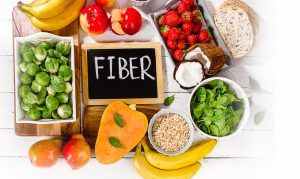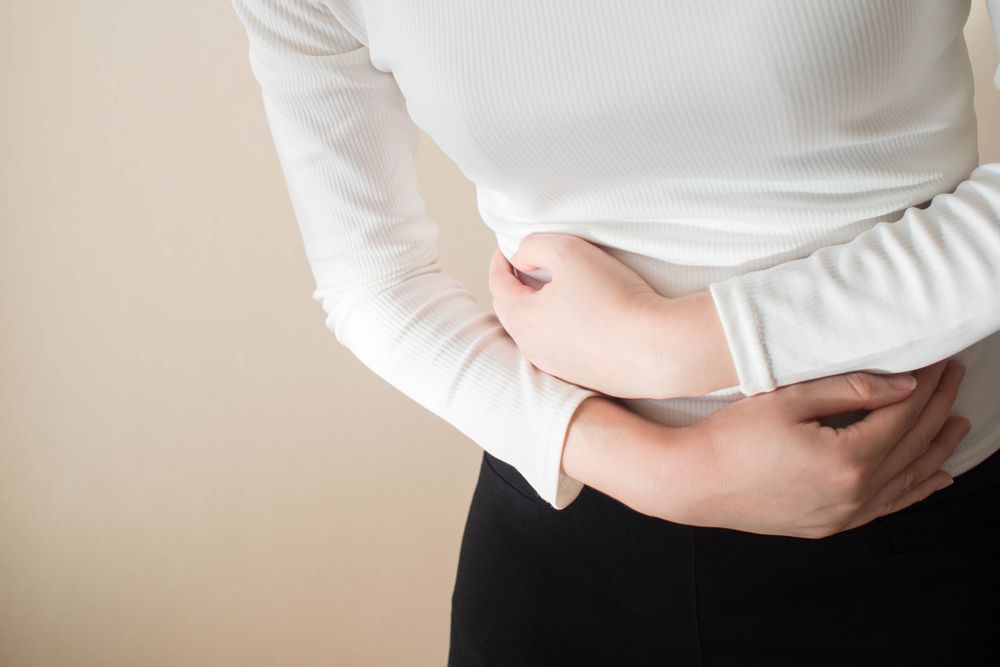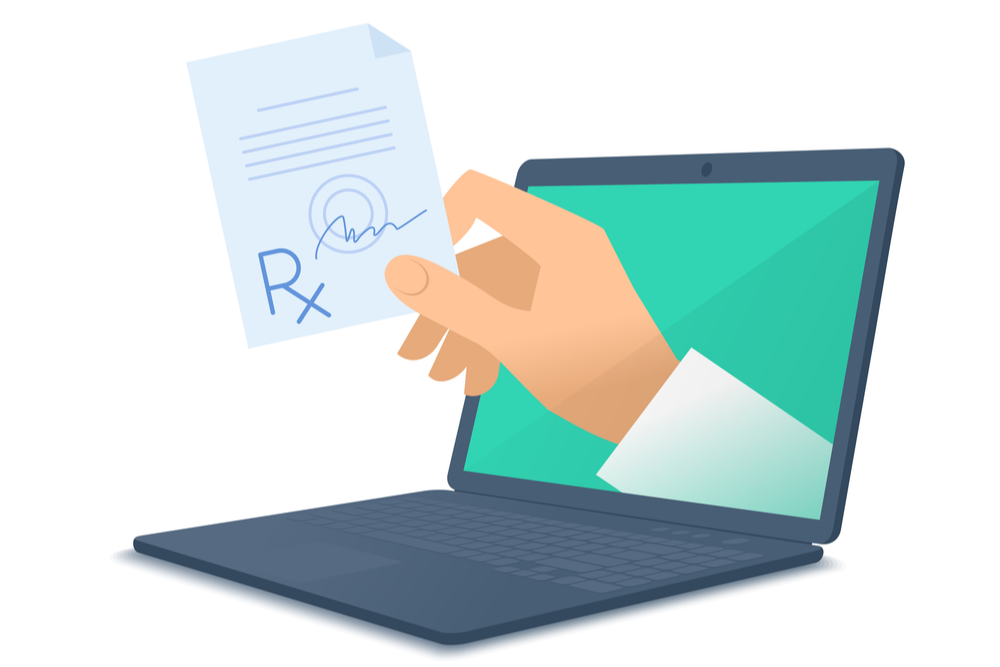The Foods You Should Be Eating During an IBS Flareup
Irritable bowel syndrome (IBS) is a disorder of the large intestines that can cause abdominal cramping, bloating, pain, and gas. It can also lead to diarrhea and constipation. Flare Ups of IBS are often triggered by diet. (Learn More) The first step to figuring out a diet that works best for you should be monitoring what you are eating and how you feel. Take notes on your diet and symptoms for a week, month, or more, as this can give you important data to guide your diet. (Learn More) Avoid any food that causes a flare up, even if it normally is associated with being good for IBS. Foods that are generally safe to eat include meats that are low in fat, cooked vegetables, and yogurt. (Learn More) Avoid anything high in fat or known to cause gas. Fried foods and coffee are known to cause issues. (Learn More) If controlling your diet on your own is not helping or if you have not yet confirmed you have IBS, contact a doctor for help. A professional can advise you on ways to control your IBS outside of diet. (Learn More)
Irritable Bowel Syndrome
Irritable bowel syndrome (IBS) is a common disorder that affects the large intestine. This chronic condition is characterized by these symptoms:
Cramping
Abdominal pain
Bloating
Gas
Diarrhea and/or constipation
Experiencing symptoms is generally called a flare up, which is produced when something triggers a reaction. Learning what causes these reactions and how to avoid them is key to controlling symptoms. In the long term, IBS is not especially dangerous, but it can greatly reduce quality of life. Chronic constipation or diarrhea can cause hemorrhoids, which can be painful and irritating. In rare cases, hemorrhoids can cause more serious complications. Some people have severe enough symptoms that they must work with a doctor to find a long-term solution to their episodes. Others can manage their symptoms with proper diet, lifestyle, and stress management. In either case, proper diet can help to reduce symptoms and avoid triggering episodes.
Monitoring Your Health
To understand how your body reacts to foods, carefully log what you are eating and how those foods made you feel. Many people are not mindful of what goes into their bodies and the reaction that then occurs. Taking careful notes can help you figure out what foods make you flare up and which help you avoid symptoms. Everyone is different, so it’s important to do this personal work. Keeping a log of your diet and symptoms over the course of a week or month can provide you valuable data to live a fuller life and avoid IBS symptoms.

Foods to Try
There are a few options for people trying to avoid IBS flare ups. Generally, you will want to eat meals that are low in fat and that have foods of similar temperatures. Some foods to try include:
Moderate amounts of foods that are high in fiber, such as whole-wheat bread, barley, oats, brown rice, whole-grain pasta, the flesh of fruit (not the skin), and dried fruits.
Cooked vegetables (rather than raw, which are harder to digest).
Low-fat meat, such as turkey, chicken, or fish.
Low-fat yogurt, which may actually help to reduce IBS symptoms in those without lactose intolerance.
Egg whites, which are high in protein and generally not associated with IBS attacks.
If you are allergic to a food normally not associated with IBS flare ups, or you otherwise feel worse when eating one of the above, stop eating it. One of the reasons for tracking how foods you make you feel, as noted above, is that sometimes unexpected foods can make you flare up.
Foods to Avoid
Exactly what causes IBS flare ups is poorly understood. It does not seem like food allergies and intolerances alone are the cause. If you have had a flare up after eating a food, even one not listed above, it may be that your body reacts poorly to it, and it should be avoided. Foods known to cause problems in people with IBS include:
Any food you are allergic or intolerant to, such as wheat or lactose.
Broccoli, onions, cabbage, beans, and any other food associated with causing gas.
Gluten.
High amounts of fiber.
Fried foods.
Coffee.
Spicy foods (for people who suffer from acid reflux).
It is also a good idea to drink water before and after meals, not during, as this can cause problems as well. If you believe you might be allergic or intolerant to a food, talk to a licensed doctor or dietician to get confirmation.

When to Seek Professional Help
If your symptoms are severe, or it seems like no matter what you do you cannot control flare ups, seek professional help. It is also a good idea to see a doctor if you have not already confirmed you have IBS. IBS is a chronic condition, and diet is only part of what can cause symptoms. If modifying your diet alone proves inadequate, there are numerous other things a professional can help you try, such as therapy to control stress and lifestyle changes that may boost overall digestive health.
References
Irritable Bowel Syndrome. (March 2018). Mayo Foundation for Medical Education and Research (MFMER).
IBS Triggers and How to Avoid Them. (March 2018). WebMD.
The Best IBS Diet to Prevent Flare-Ups. Franciscan Health.
Hemorrhoids. (July 2019). Mayo Foundation for Medical Education and Research (MFMER).
Drinking Liquids With Meals: Good or Bad Idea? Healthline.

Related Articles

The Acne Medication Playbook: From Drugstore Staples to the Nuclear Option Doctors Save for Last
Acne is not just a teenage problem it's a...

Understanding High Cholesterol: Symptoms, Risks, and Treatment Options
High cholesterol, or hypercholesterolemia, affects nearly...

Understanding Anxiety: Symptoms, Treatments, and Medications
Anxiety disorders are among the most prevalent...

The Dark Side of Slimming Down: A 100-Year Journey of Weight Loss Drugs
Weight loss drugs have long occupied a complicated...
